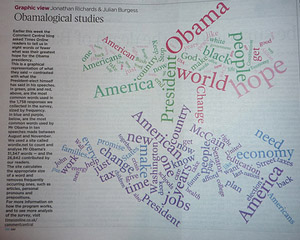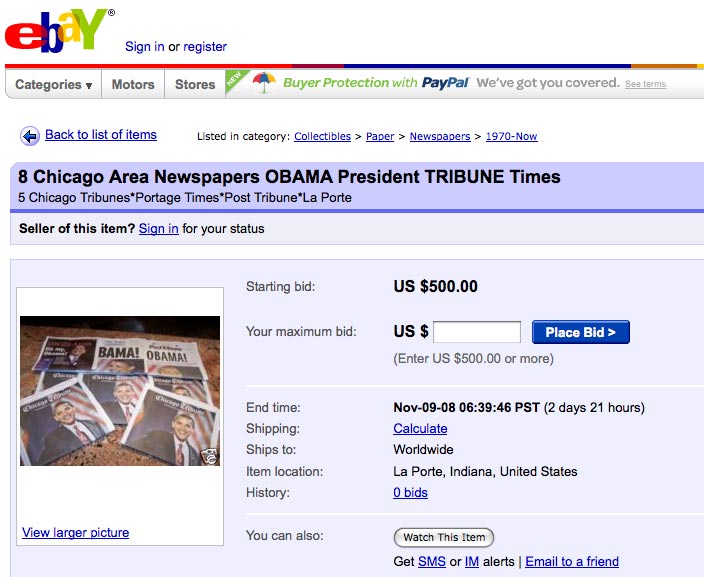Rwanda
Rwandan journalists have officially petitioned their upper parliament to shoot down a stringent media law that would force journalists to reveal their sources.
The proposed law would criminalize any story on cabinet proceedings, internal memos and documents in public institutions.
Under the legislation, anyone starting a newspaper would be required to pay $20,000 (£12,500) and 10 times more to begin a radio or TV station.
Speaking to Journalism.co.uk, Gasper Safari, president of the Rwanda Journalists Association, said the new laws were a death sentence to investigative journalism.
“How will investigative journalism survive? It is a rope and we are just being asked to practice journalism and the hangman will pull the rug under your feet,” he said.
Safari explained how his organisation had initially written a protest letter to the lower house of parliament, but it was ignored.
“We will explore other methods in dealing with the upper house. People cannot be allowed to shout they support press freedom while deep down they do not support the existence of the media,” he said.
Kenya
The media is the most trusted institution in Kenya – and the country’s electoral commission (ECK) the least, according to a recent survey by Gallup International affiliates Steadman Research.
The quarterly poll found that 80 per cent of Kenyans trusted the media – exactly the same number that found the ECK the most dishonest.
Fortunes for the media and the ECK have been on a downward trend since the violence surrounding last year’s disputed presidential election, but the media has regained some ground in the last two months after two major commissions backed by both the United Nations (UN) and the African Union (AU) returned a not guilty verdict on most of the media.
“Kenyans are saying that their last hope is with the media, their trust for institutions is at an all time low, but they have their thumbs up for journalists,” Tom Wolf, a lead researcher at Steadman, told a press conference in Nairobi.
The media was placed ahead of Kenya’s President, Prime Minister and parliament by the survey.
“We are not very happy to be ahead of all other institutions. It means we have a duty to assist them in getting to the highest level of trust, but our work is easier since we have the trust of our readers and viewers,” said Martin Gitau, general secretary of the Journalist Association of Kenya (JAK).


